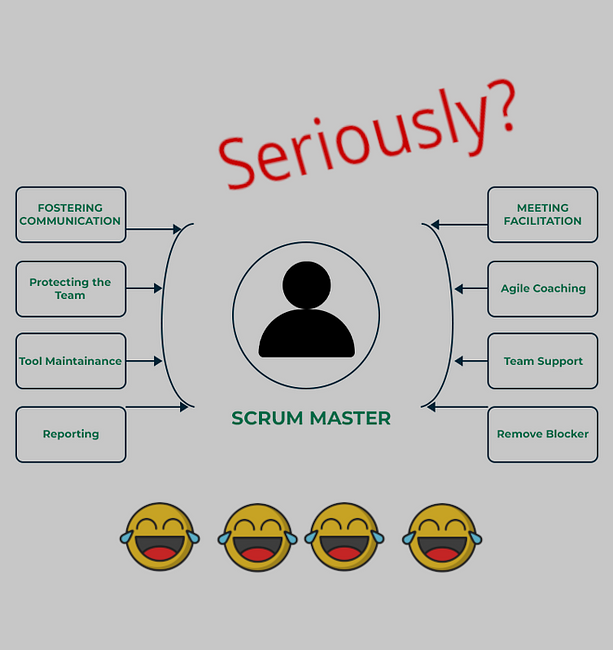
Shorts
Wednesday, July 09, 2025
Autonomy at work: what they never tell you
One of the topics often discussed among professionals during their coffee breaks is having autonomy at work. Before continuing with this short, I want to emphasize that I agree with granting autonomy to professionals to help the company grow.
However, here comes the defense:
- Is your company ready to give you autonomy?
- Do you really want this autonomy?
At first glance, the answer seems simple: “yes and yes.” But upon closer ilook, I realize that having autonomy can be like love during carnival: beautiful at first but fugacious. Here’s why:
The mistakes
In the beginning, you'll make many mistakes; you'll say and do things that could jeopardize your relationship with the client. Are you ready to face feelings of loss and incompetence with serenity within yourself?
The client doesn’t care
The client wants results; they are there to solve their problem and don't care if you are new to the role or not. After that, your mistakes will reach your superiors. Will they defend you? Even if the mistake leads to a canceled contract?
From the moment you start seeking these answers, you'll be surprised that “yes and yes” turns into “no and no.”
Honestly, I understand why. Every professional, regardless of their role, can be fired. Even if it’s their business and they have no “boss.” Every mistake made can lead the company to ruin.
But I started this short to help, not to push you toward sadness. Here are some points I would use to address mistakes until reaching seniority in the team, as I am also a leader:
Determine how much you are willing to lose
There is no company that doesn’t lose clients at some point. Calculating this loss and considering it a risk is essential and a leader's duty. We must view the fact that our employees will make mistakes as a risk. With this identification, we can work on how to help them reach seniority faster.
New employees, small clients
If loss is an absolute truth, how much are we willing to lose? 10,000 dollars or 1,000? My principle is: if I have to lose, let it be little. For this reason, people who have recently started in the role will work with small clients or on minor projects/activities.
Throw them in fire from the beginning
The best way to learn is to have doubts. Each client will bring different questions, and these questions are valuable for my new employees. If I place a senior person with them to manage the client, I will surely have a senior doing everything and a junior watching the show. My idea is: if you don’t know how to answer, bring us the question, and we’ll help you. Then, respond correctly to the client.
And you, what do you think? How do you handle the professional growth of your employees in your company? Like the article, comment on LinkedIn, or share it on your social networks.
See you soon!
Erik Scaranello



